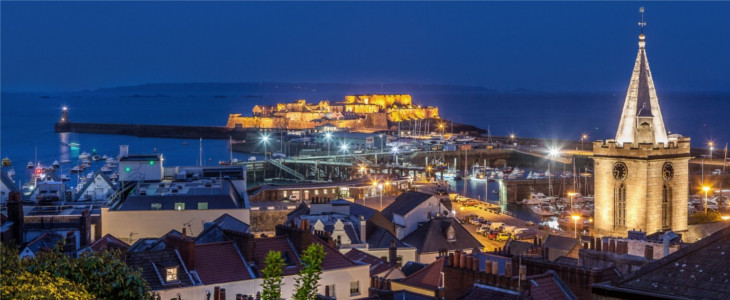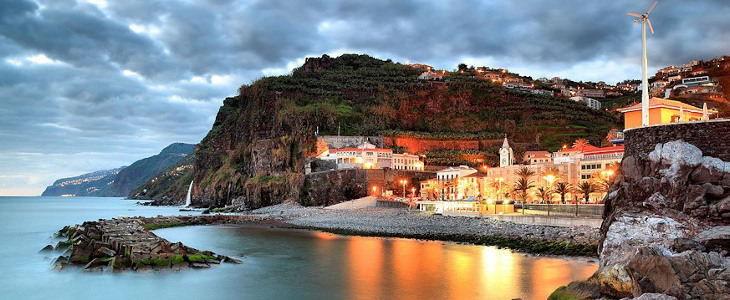Who Uses Tax Havens?

Tax havens can be used by individuals, small businesses, large businesses, Fortune 500 companies, governments, charities, and non-profit organisations. The numbers are staggering, with the British Virgin Islands, for example, having over 1 million registered companies. In the Cayman Islands, 40 of the world’s top 50 banks have licences, and hold US$1 trillion on deposit.
Seventy three percent of the US Fortune 500 companies have subsidiaries in offshore tax havens (actually, an average of 28 per company for a combined total of 10,300). These multinational companies reported booking $2.5 trillion offshore, and by indefinitely stashing profits in offshore tax havens, have avoided $717 billion in U.S. taxes. The 30 companies with the most money booked offshore for tax purposes collectively operate 2,509 tax haven subsidiaries (an average of 84 each). These companies collectively hold nearly $1.65 trillion overseas. Apple, is the leader of the pack with $246 billion cash sitting in tax havens.
Sixty seven percent of Australia’s top 100 ASX listed companies have subsidiaries in tax havens or low-tax jurisdictions. News Corporation, Westfield and the Goodman Group are the most prolific with each having more than 50 entities in low-tax jurisdictions. Telstra (wholly owned by the Australian government until 1997) controls 20 subsidiaries registered in well-known tax havens – 11 in the British Virgin Islands, four in Bermuda, four in Jersey, one in Mauritius and one in the Cayman Islands.
Almost 400 companies listed on the London Stock Exchange (LSE), with a collective market capitalisation of £225bn, are based in offshore havens connected to the UK.
"You’d be stupid not to try to cut your tax bill and those that don’t are stupid in business"
- Bono: U2




